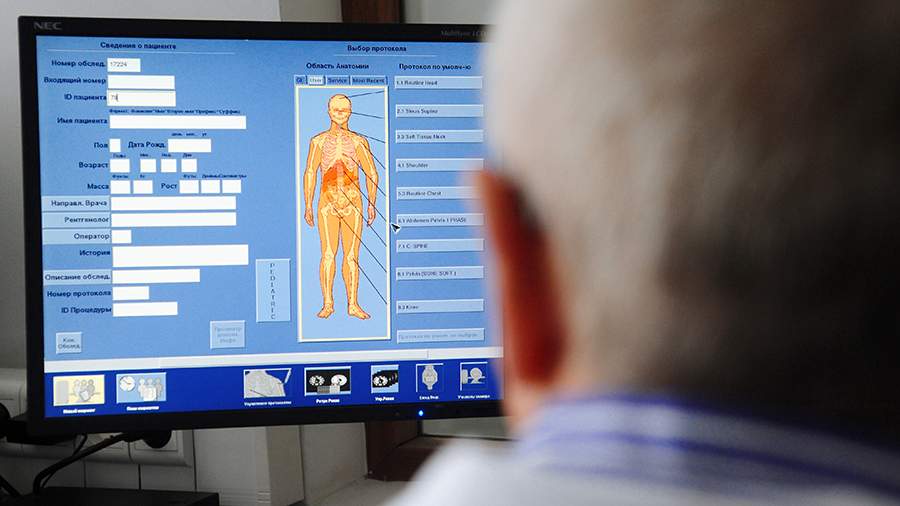Russian scientists have developed an AI-based deep health assessment module
- Новости
- Internet and technology
- Russian scientists have developed an AI-based deep health assessment module

Russian scientists based on artificial intelligence (AI) have developed a digital module for health assessment and the formation of personal recommendations for citizens of working age. This was reported to Izvestia by the National Technology Initiative (NTI) Project Support Fund on April 9. The solution is integrated into the Health Heuristics information platform.
As the experts explained, the new development automatically identifies and ranks the risks of developing age-related chronic noncommunicable diseases (NCDs). For example, cardiovascular diseases, diabetes mellitus. Diseases associated with chronic stress, inflammatory processes, metabolic disorders and mitochondrial dysfunction.
Vadim Medvedev, Director General of the NTI Foundation, noted that the project is aimed at solving the problems of early diagnosis and prevention.
The module is based on specially designed and tested questionnaires of two types: "basic" and "advanced". The basic questionnaire covers 15 common early symptoms of health deterioration and identifies risk factors. These include: chronic stress, spinal problems, metabolic disorders, vitamin deficiency, and other common factors. Using the results of the basic questionnaire, the platform forms risk groups and determines the need for additional examination or specialized assistance.
The expanded questionnaire evaluates the state of health in detail, analyzes 75 symptoms and over 150 lifestyle factors and environmental parameters.
Earlier, on February 14, Andrey Varivoda, Chairman of the Board of Directors of the DEACON Group of Companies, told Izvestia that artificial intelligence is becoming an integral part of Russian healthcare, transforming traditional approaches to the diagnosis and treatment of diseases. According to him, mass implementation of AI systems in regional medical institutions is expected by 2026.
Переведено сервисом «Яндекс Переводчик»

